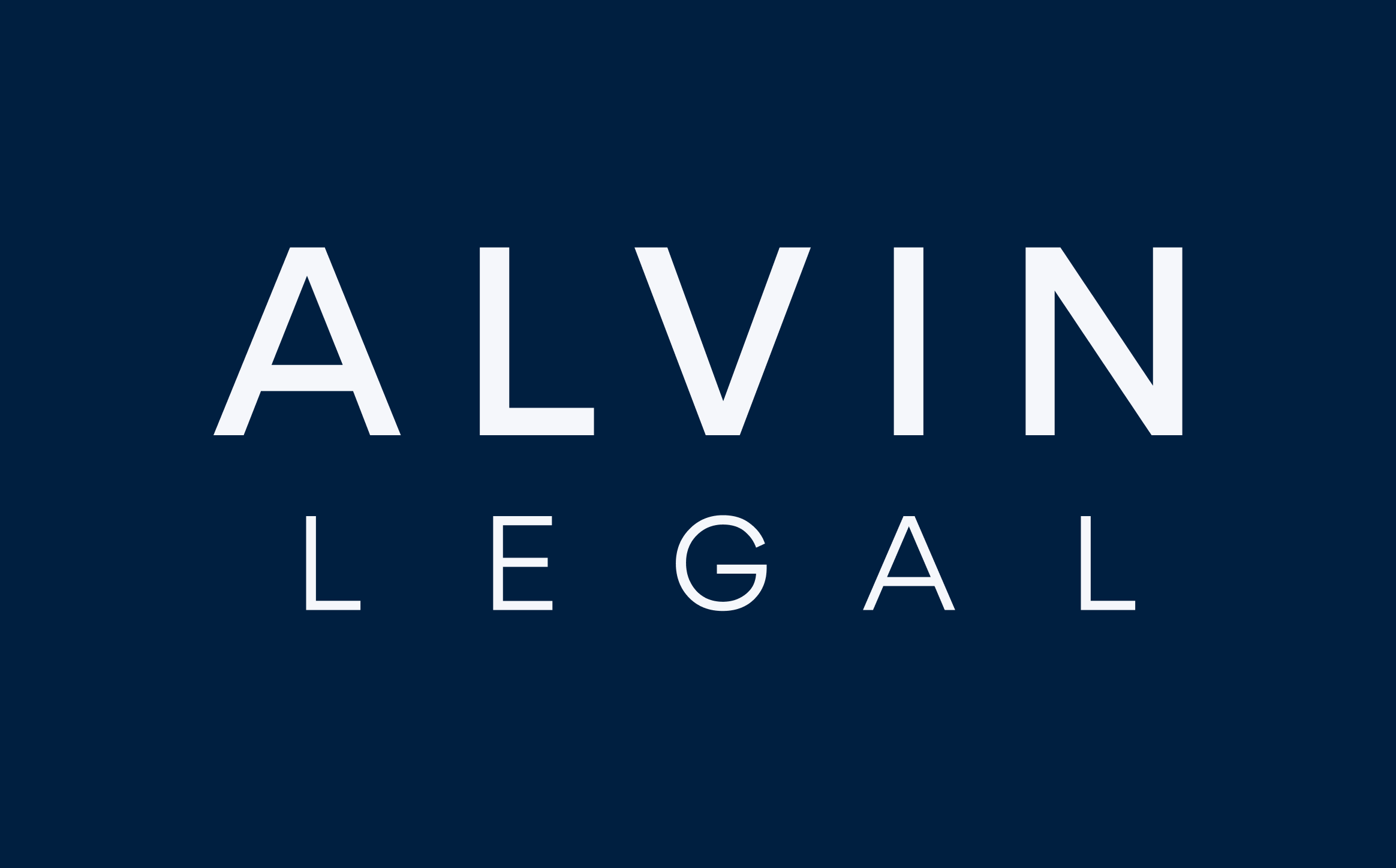What is equity crowdfunding?
Equity crowdfunding is where a private company or an unlisted public company raises capital from a large number of retail investors who contribute a relatively small amount (between AUD$50 and AUD$10,000) in exchange for shares in the company. Equity crowdfunding was legalised in Australia in 2018, and since that time a total of $146 million has been raised, with $46 million raised in the financial year ending in 2021.
How does equity crowdfunding work?
On 29 September 2017, the new crowd-sourced funding (CSF) regime came into effect as Part 6D.3A of the Corporations Act 2001 (Cth). The purpose of the new regime was to simplify the disclosure requirements for private companies and unlisted public companies making public offers of shares, while ensuring adequate protections for retail investors. Prior to the introduction of the new crowd-sourced funding regime, a company could only offer shares publicly if it filed a detailed offer information statement or prospectus with ASIC under Part 6D.2 of the Corporations Act 2001 (Cth).
Part 6D.3A of the Corporations Act 2001 (Cth) enables private companies and unlisted public companies to offer ordinary shares to retail investors, through a licensed intermediary’s platform, using an offer document.
The new CSF regime initially only applied to unlisted public companies, but it was extended to apply to private companies from 19 October 2018.
Is my company eligible to make a CSF offer?
There are two aspects to ensuring a company may make an offer under the CSF regime:
1. the company must be eligible to make offers under the CSF regime; and
2. the company’s offer must be an eligible CSF offer that complies with the issuer cap and other requirements.
A company will be eligible to make offers under the CSF regime if:
1. it is a private company (with a minimum of two directors) or an unlisted public company (limited by shares);
2. its principal place of business is in Australia;
3. the majority of its directors (excluding alternate directors) ordinarily residing in Australia;
4. its assets and annual revenue do not exceed $25 million (including the assets and revenue of its related parties);
5. it is not listed on a financial market in Australia or overseas (including its related parties); and
6. it does not have a substantial purpose of investing in other companies, entities or schemes (including its related parties).
An offer will be an eligible CSF offer if:
1. it is made by an eligible company;
2. the offer expressly states that it is made under the CSF regime;
3. it is an offer for the issue of fully-paid ordinary shares (offers of partly paid shares, preference shares, options, debentures or other types of securities are not currently permitted under the CSF regime);
4. the funds will not be used to:
a. invest in other companies, entities or schemes; or
b. loan to related parties (other than wholly-owned subsidiaries);
5. complies with the issuer cap (offers to raise no more than $5 million in any 12-month period).
What is the gatekeeper role of the CSF intermediary?
CSF offers can only be made via a licensed CSF intermediary’s platform.
A CSF intermediary must hold an Australian financial services licence (AFSL) with an authorisation to provide a crowd-funding service.
CSF intermediaries provide the following “gatekeeper” functions:
1. The CSF intermediary must perform checks on the offering company, its directors and the CSF offer document.
2. The CSF intermediary must perform checks on investors, including ensuring retail clients do not exceed the investor cap of $10,000 per company in any 12-month period.
3. The CSF intermediary must operate a platform for CSF offers.
4. The CSF intermediary must suspend or close a CSF offer in certain circumstances (e.g. where the CSF offer document is defective).
What is the process for making a CSF offer?
The process for making a CSF offer is as follows:
1. Enter into a hosting arrangement with a CSF intermediary.
2. Prepare a CSF offer document for the offer.
3. Obtain consents required for publication of the CSF offer document.
4. CSF intermediary publishes the CSF offer document on its platform and opens the offer.
5. CSF intermediary suspends or closes the offer.
6. CSF intermediary declares the offer “complete” or “unsuccessful”.
7. Company issues shares or the CSF intermediary refunds investor money.
ASIC has published a template CSF offer document as a guidance tool (and not a prescribed form) to provide a standard structure for CSF offer documents. The minimum information required to be set out in a CSF offer document is set out in Part 6D.3A of the Corporations Regulations 2001 (Cth).
What obligations apply to CSF offers?
A company that makes a CSF offer will be subject to the following obligations:
1. the company and its related parties must not have more than one CSF offer open at a time;
2. the company and its related parties must not provide financial assistance to any retail investors to enable them to invest in the company’s CSF offer;
3. the company must comply with the rules about advertising its CSF offer (including the requirement to include in all advertisements a statement directing investors to the general risk warning and CSF offer document);
4. the company must not engage in misleading or deceptive conduct (further, information published on the CSF intermediary’s platform must not be misleading or deceptive);
5. the company must not give personal advice to investors in relation to its shares;
6. the company must only make the offer of its shares via a CSF offer document published on a CSF intermediary’s platform;
7. the CSF offer must not relate to a company that has not been formed or does not exist;
8. the company must notify the CSF intermediary if it becomes aware that its CSF offer document is defective;
9. the company must not offer shares under a CSF offer document if the document is defective.
What protections are in place for investors?
The following protections are in place for retail investors participating in CSF offers:
1. Retail investors can only invest a maximum of $10,000 in the same company, via the same CSF intermediary, in any 12-month period.
2. Retail investors have up to five days after making an application to reconsider their investment and withdraw their application. When an investor exercises their cooling-off rights, the intermediary must refund their application money in full as soon as practicable.
3. If a CSF offer document is defective, and a supplementary or replacement offer document is published, all investors (including retail investors) have up to 14 days to withdraw their application and be repaid.
4. A general risk warning statement (as required by law) alerting potential investors to the potential risk and high failure rates of startups must be provided to retail investors in the CSF offer document and on the CSF intermediary’s platform.
5. Retail investors must acknowledge that they have read and understood the general risk warning before applying for shares under a CSF offer.
Can investors sell shares acquired under a CSF offer?
The CSF regime does not provide any exemptions relating to the on-sale of shares issued to investors under CSF offers. Investors are not able to sell shares acquired under a CSF offer for 12 months without providing a prospectus or other disclosure document (unless the sale is exempt because it is a sale to a sophisticated investor or professional investor).
Are there additional reporting requirements under the CSF regime?
Under the CSF regime, private companies that complete a CSF offer will have to comply with additional obligations similar to those applicable to public companies.
These additional obligations are:
1. the company must record, in its register of members, additional details about shares issued under CSF offers;
2. the company must notify ASIC when it starts to have, or ceases to have, CSF shareholders;
3. the company must prepare an annual financial report and directors’ report in accordance with accounting standards and lodge these reports with ASIC;
4. the company must appoint an auditor and have its annual financial reports audited (this obligation will only apply once the company has raised more than $3 million from all CSF offers made);
5. the company must make a copy of its annual financial report, directors’ report and auditor’s report (if applicable) or a concise report readily accessible on its website;
6. the company must obtain shareholder approval before giving financial benefits to related parties.
Unlisted public companies, regardless of whether they raise funds via a CSF offer, will have to comply with the following additional obligations:
1. The company must hold an annual general meeting every year.
2. The company and lodge audited annual financial reports and appoint an auditor to conduct a yearly audit of the financial reports.
3. The company must distribute copies of the company’s annual reports to shareholders within four months of the end of the financial year.
4. The company must have at least three directors and one company secretary.
5. The company must lodge a copy of its constitution (and any changes) with ASIC.
6. The company must obtain shareholder approval before giving financial benefits to related parties.
7. The company’s directors can only be removed by shareholders (and not other directors).
8. The company’s directors cannot be present or vote on matters where there is a material personal interest being considered at a directors’ meeting.
Under the CSF regime, companies that registered as, or converted to, an unlisted public company between 29 September 2017 and 19 October 2018 (inclusive) may be exempt from the above obligations for up to five years, subject to meeting certain eligibility requirements.
How can I get ready for my equity crowdfunding campaign?
Before you launch your equity crowdfunding campaign, you should:
1. obtain the necessary board approvals and pre-emptive rights waivers from shareholders, as your existing constitution or shareholders agreement may contain restrictions on issuing new shares;
2. replace your constitution with a constitution typically used for an unlisted public company; and
3. terminate your existing shareholders agreement (if any) from completion of the CSF offer.

